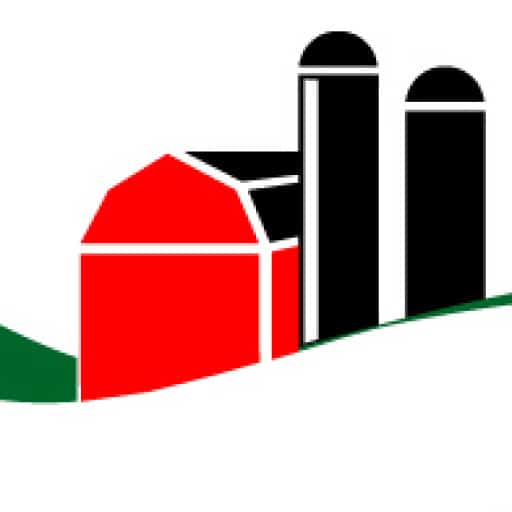Dairy group links processors, producers
Rolling Hills Co-op has grown five fold in as many years
By Tony Ends
Monday, May 23, 2011
 |
| Times photo: Anthony Wahl — Jordan Krebs, 21, a new member of the Rolling Hills Dairy Producers Cooperative, spends Saturday morning milking on his dairy farm just north of Monroe. |
MONROE – A milestone quietly came and went this spring for a southwestern Wisconsin dairy farmers group based in Monroe.
Members of Rolling Hills Dairy Producers Cooperative gathered in late March to celebrate their fifth anniversary and more than five-fold growth in number.
Starting in 2006 with 14 dairy farm members, the cooperative has grown to 76 farms. These producers milk anywhere from 20 to 750 cows in a five-county area. Through Rolling Hills, these farmers’ milk goes to 10 dairy product processors, mainly in Illinois and Wisconsin.
“Many, many processors told us we wouldn’t make it as a cooperative,” said Rick Straka, who serves as secretary-treasurer on Rolling Hills’ five-person board of directors. The cooperative’s membership elects the board. “We’ve found a home for small- and medium-size milk producers and family farms.
“We’re still in our infancy stages as a cooperative business. We make sure we have contracts for milk before taking on new producers,” said Straka, who’s milking 85 cows and farming 400 acres in northcentral Iowa County.
“I personally think the dairy product processors more and more don’t want to have to go out and find producers for the milk they need to make their products,” said Straka, reflecting on Rolling Hills’ five years of growth. “We’re not huge by any means, but we are making it.
“We farmers knew what our goals were, but our manager, Larry Hermanson, knew the business and how to achieve those goals.”
Rolling Hills contracts with three independent milk haulers. It has a transfer station in Monticello. From his office in Monroe, Hermanson links farm members in the cooperative to dairy processors who turn the farmers’ milk into finished products.
“The milk processors we serve are predominantly cheesemakers who don’t have their own producers,” said Hermanson, who worked previously as a field representative for the National Farmers Organization for 23 years and briefly for Shullsburg Cheese before it went out of business.
“We’re providing a service to the farmers by handling their milk. There’s no magic to this service, just hard work. Processors we link them to include Roth Kase, which crafts and cures European-style specialty cheeses here in Monroe, and Schreiber Foods, which makes yogurt in Richland Center.”
Hermanson’s father ran a cheese factory for 36 years near Darlington. For three of those years, he made cheese with his dad, who made Swiss cheese in copper kettles and hauled milk in metal cans.
“Twenty-two patrons shipped their milk to Dad,” Hermanson recalls. “None of them exist anymore; some farmers, even their buildings are gone.
“Wisconsin has made a huge switch from all-commodity cheeses to specialty cheeses – Hispanic, French, Swiss. We keep looking for ways to diversify.”
Dairy farms around the nation have increasingly turned to cooperatives as a means of staying afloat, according to Charles Ling, an agricultural economist with the co-op programs of the USDA Rural Development program.
In 2007, there were 155 dairy cooperatives in the nation. Nearly 50,000 producers, or 84 percent of the nation’s licensed dairy farms, owned them. They delivered 152.5 billion pounds of milk, or 83 percent of all milk marketed.
Some of Ling’s research into how cooperative theory stacks up against practice is available at http://www.rurdev.usda.gov/rbs/pub/mar11/mar11.pdf excerpted from Ling’s forthcoming research report: “Coop Theory, Practice and Financing,” which will be available from USDA.

